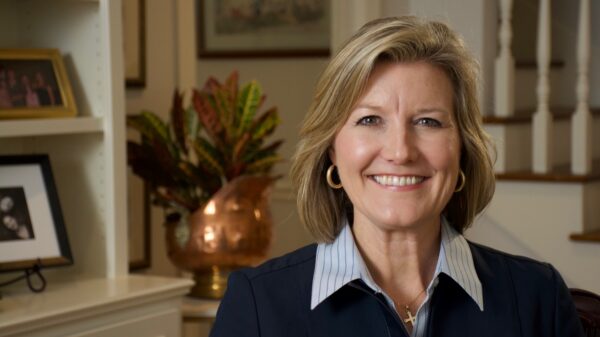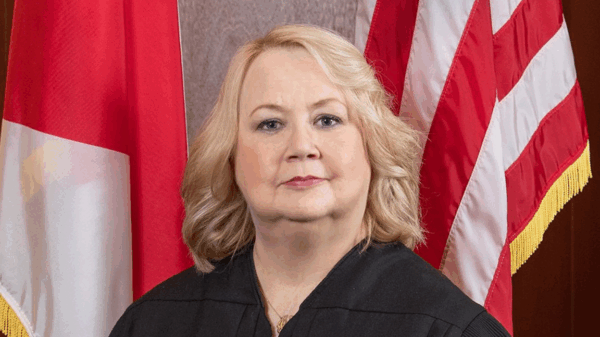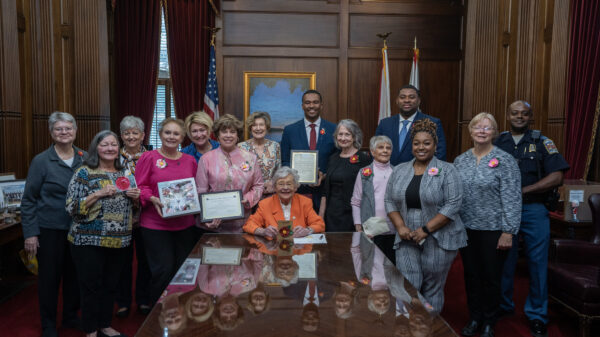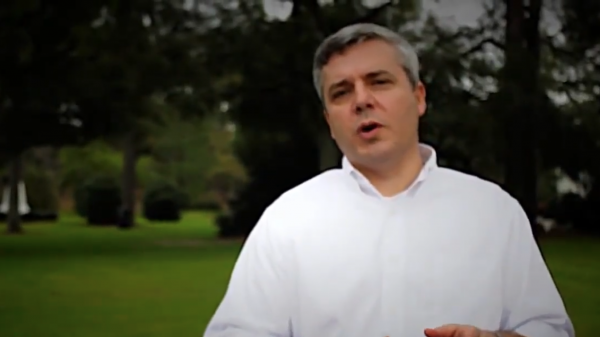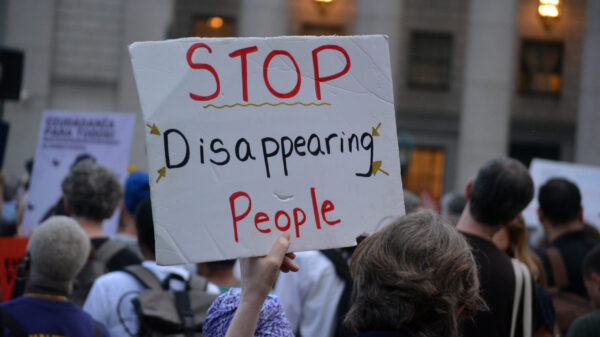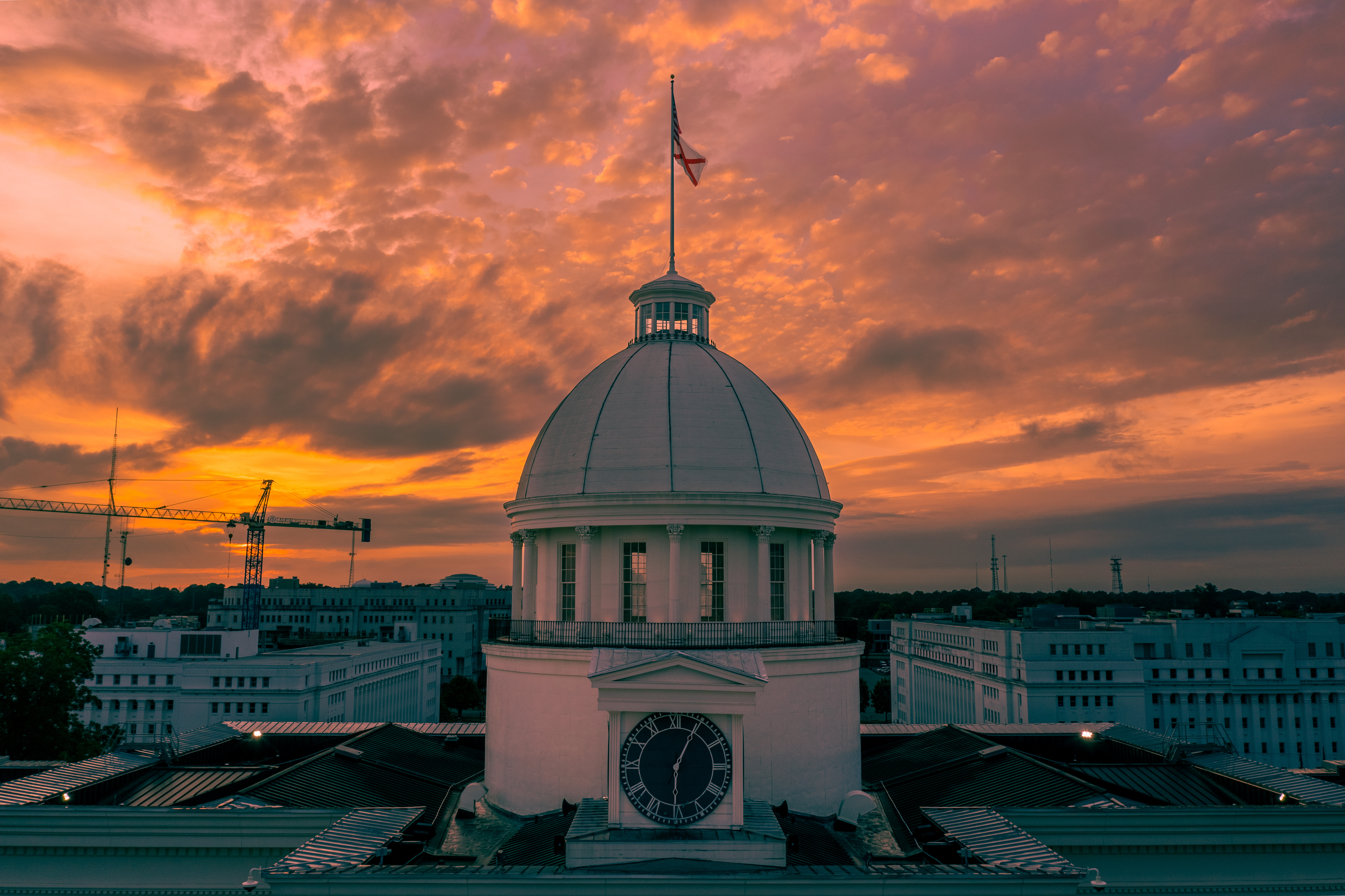The Enlightenment-era understanding of self-determination was at the center of the founding of the United States. Today, the very idea that governments should exist to protect individuals’ natural rights, including life, liberty and property—or as Thomas Jefferson phrased it, “the pursuit of happiness”—is being threatened by a radical right-wing of the Republican Party. They believe they should determine which personal liberties are protected and which should be restricted. Theirs is a narrow worldview based on misguided religious passions and a belief in their superiority over other citizens—a view untempered by reason or logic. Also among them is a political class willing to use cultural divisions to win elections.
Currently, these radicals are engaged in a so-called culture war here in Alabama, targeting teachers, university faculty, librarians, families with transgender children, and women—they always target women first.
For some culture warriors, the complexities of modern society are viewed as dangerous and a threat to their way of life. For political operatives, culture wars are a useful tactic to create a fear of “the others.”
Over thirty years ago, sociologist James Davison Hunter wrote “Culture Wars: The Struggle to Define America,” which gave a name to the conflicts over gay rights, abortion, and still today fuels the flames that aim to defund public libraries, arrest women who travel across state lines for abortions and ban diversity, equality, inclusion and rigorous history on college campuses.
Before writing “Culture Wars,” Hunter penned a well-received book on the future of Evangelicalism: “American Evangelicalism: Conservative Religion and the Quandary of Modernity” (Rutgers University Press, 1983).
In an article for The University of Chicago Divinity School, William Schultz wrote about how Hunter’s book “argued that the forces of modernity are inimical to orthodox religion, leaving religious groups with only a few options in the modern world. They can withdraw, they can accommodate—or they can resist.” Schultz concluded that “Culture Wars” explained “what happened when certain conservative religious groups decided to resist.”
There is little doubt that here in Alabama, religious fervor is part of the uproar over books, vaccines, LGBTQ rights and accurate history, but the real driver is politics. Certain politicians understand that appealing to a thin base of fearful, prejudiced voters will ensure a victory in a Republican primary. It is a political calculation, not a deeply held personal belief system, that drives most politicians to cast teachers and librarians as evil corrupters of children. If this idea weren’t so dangerous, it would be laughable.
Another ploy for these political charlatans is to make voters believe that somehow the past was better than today. This is a phenomenon called Anemoia, a newly coined word that means a yearning for a past that never existed.
Anemoia is “a nostalgic sense of longing for a past you yourself have never lived. It is nostalgia for the ‘good ol’ days’; more specifically, the good ol’ days you are too young to have known,” writes Jared Barlament in Medium. “It is a sense that something was intrinsically better in the distant past than it is in the present; that we’ve lost something crucial in our ceaseless march of progress.”
From Ronald Reagan to Bill Clinton, the phrase “Make America Great Again” was used to denote moving the nation forward from a troubled time. Now, it seems like a dark reference to how the past was somehow better and that today, there is darkness and foreboding around every corner.
No one can point to a time in the past where America was great for Blacks, minorities, LGBTQ individuals or women, but there are those who cling to these words as if they mean something positive. They don’t.
In a 2021 interview with Zack Stanton at Politico, James Davison Hunter discussed his book on Culture Wars and his perspective 30 years on.
“The earlier culture war really was about secularization, and positions were tied to theologies and justified on the basis of theologies,” says Hunter. “That’s no longer the case. You rarely see people on the right rooting their positions within a biblical theology or ecclesiastical tradition. [Nowadays,] it is a position that is mainly rooted in fear of extinction.”
“One—probably the most prevalent way—is to think of it [culture wars] as a political battle over certain kinds of cultural issues, like abortion, sexuality, family values, church-state issues, and so on. And therefore, the ‘culture war’ is really about the mobilization of political resources—of people and votes and parties—around certain positions on cultural issues. In that sense, a ‘culture war’ is really about politics.”
In the interview, Hunter said he remains optimistic. “Look: Not to hope—to give in to despair—is never an option, in my opinion. That’s an ethical position I think one has to take. But I also don’t think that you tell a patient that they have a bad cold when, in fact, they have a life-threatening disease.” He further stated, “The great democratic revolutions of Western Europe and North America were rooted in the intellectual and cultural revolution of the Enlightenment; the Enlightenment underwrote those political transformations. If America’s hybrid Enlightenment underwrote the birth of liberal democracy in the United States, what underwrites it now?”
This is a question Alabama’s political class must answer, and quickly.
Will lawmakers allow a few extremists to dominate state policy, or will level-headed leaders push back against those who wish to deny certain citizens the right to self-determination?
The next legislative session will be a test for those who still believe in a free society, even with all its challenges, complexities and contradictions.
Those of us who believe in the nation’s founding ideals can’t abandon hope or the fight for equality for all, not for the loudest and most radical among us.




